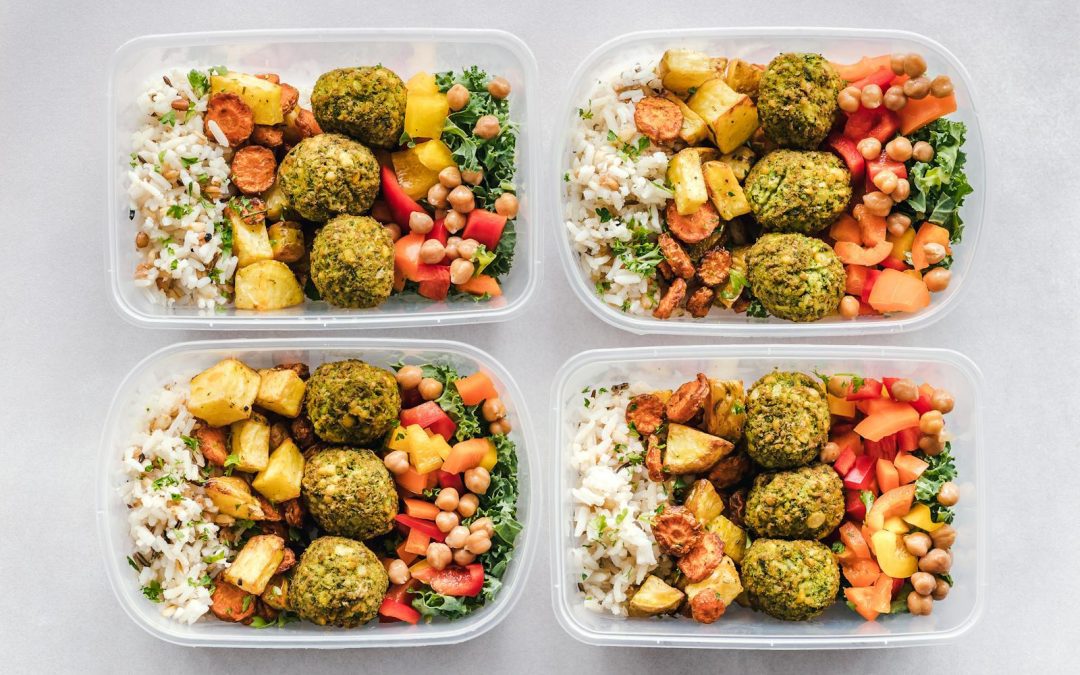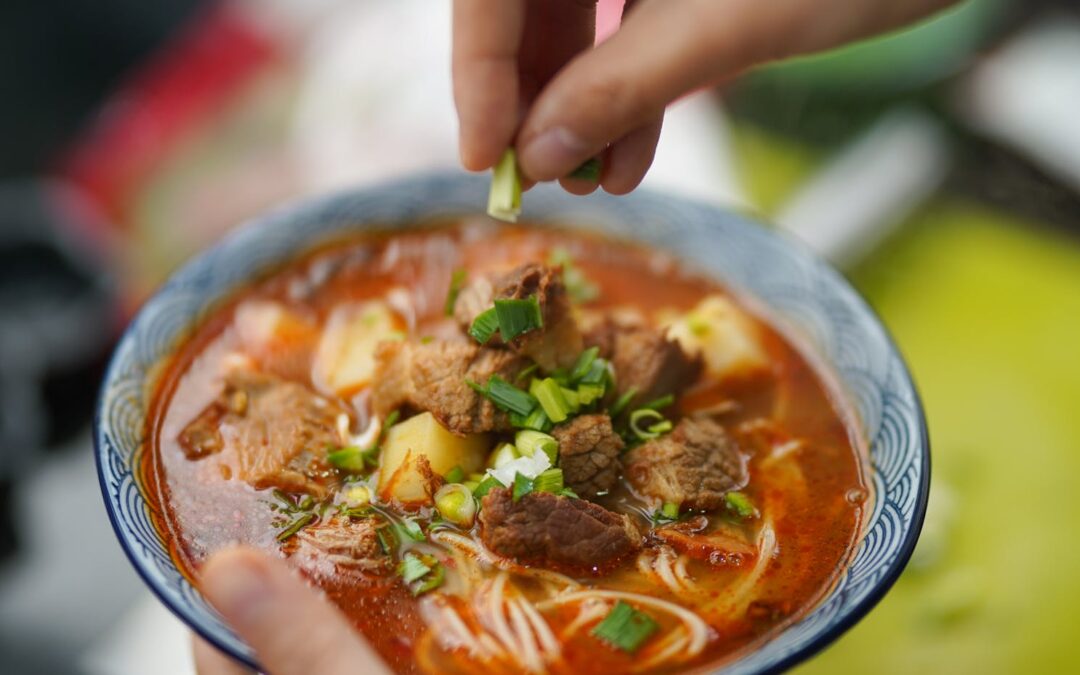If you’ve ever had a stressful day (or year!) that affected your eating habits, you are NOT alone. In a study, more than 75% of adults said that stress played a role in their eating during the past month.
This included overeating, eating junk foods, or not eating. Many of them said it happened weekly. They also said it made them feel sluggish, lazy, disappointed in themselves, and/or irritable.
The good news is that I have a few tips below to stop stress from getting in the way of your results when it comes to food. But before I get into the tips, it’s important to know WHY stress affects our appetite. Knowing why can help you manage the situation when you’re in it!
When you get stressed, your body releases hormones to help you deal with stress. Not only can these hormones – including adrenaline, insulin, and cortisol – cut your appetite and/or make you crave high-calorie, high-fat foods …They also can make your body store MORE fat than when you’re relaxed.
Not cool, hormones!
This means it’s NOT a willpower issue, but an actual physiological response. Knowing this can help stop you from giving in to it when it happens.
4 Steps to Stop Stress Eating (or Not Eating)
- Acknowledge it!
If you’re feeling stressed and notice your appetite is gone OR you start craving junk food, remind yourself that you’re stressed … and focus on dealing with whatever is actually stressing you. - Exercise.
Go for a walk, do a workout, basically MOVE – it’s one of the fastest stress relievers and mood boosters there is. Plus, it can get you out of the situation and into a new perspective. - Meditate or do deep breathing.
Just 5 minutes can help you feel calmer, more focused, and less stressed. - Talk it out.
Taking a few minutes to get some support with whatever is bothering you can help you take back control.
And … if this is something you deal with regularly, it can help to talk to a professional who has experience with eating issues.
These tips will help YOU gain back control, instead of letting your body lead the way.














